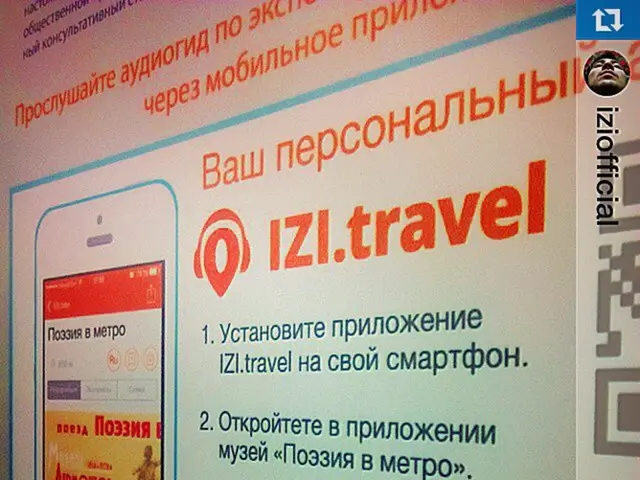Conference: Artificial Intelligence in Scholarly Writing - Distinguishing Reality from Myth
On Thursday, August 28, 2025, at 9:00 AM EDT | 1:00 PM GMT | 6:30 PM IST, a panel discussion will take place as part of The AI Exchange initiative. The session, which will last for 60 minutes, will focus on AI detection, disclosures, and responsible AI use in academia.
The panel will feature three esteemed speakers: Christopher Ostro, an Assistant Teaching Professor and AI Strategist at CU Boulder; Joris van Rossum, the Program Director at STM Integrity Hub; and Dr. Hong Zhou, Senior Director of AI Products Management at Wiley.
The session will offer practical tips to ensure responsible AI use in research and writing, provide advice on AI disclosure, AI detection, and the risks of concealing AI use, and share real-world perspectives and editorial expectations from journal insiders.
Over 80% of academics use AI tools for their research and writing, yet 44% of academics surveyed were unclear on institutional policies and AI disclosure requirements. The panel discussion aims to clear common myths and misconceptions around AI use in academia.
Best practices for ethical AI use in academic writing include checking institutional policies and assignment rules before using any AI tools, disclosing AI usage transparently, using AI to support but not replace one's own thinking, verifying all AI-generated content, maintaining one's authentic voice and perspective, and attributing AI use at all significant stages of writing if the assignment or institution requires it.
To ensure responsible AI disclosure and detection, the panel will discuss the importance of clearly communicating expectations around AI use in course syllabi and assignments, requiring students or authors to verify accuracy and be able to explain and defend their submitted work, using AI detection tools cautiously, and adopting a culture of openness by encouraging reporting of AI use openly to maintain integrity and trust in academic work.
The event will take place on the platform that offers an AI writing toolkit for students and researchers, providing academic writing, language editing, submission readiness support, accurate academic translations, rewriting support, grammar checks, vocabulary suggestions, and generative AI assistance. Registration for the event is free.
Don't miss this opportunity to learn about the latest developments and best practices in AI use in academia. Join the panel discussion and engage directly with the speakers during the live Q&A session.






